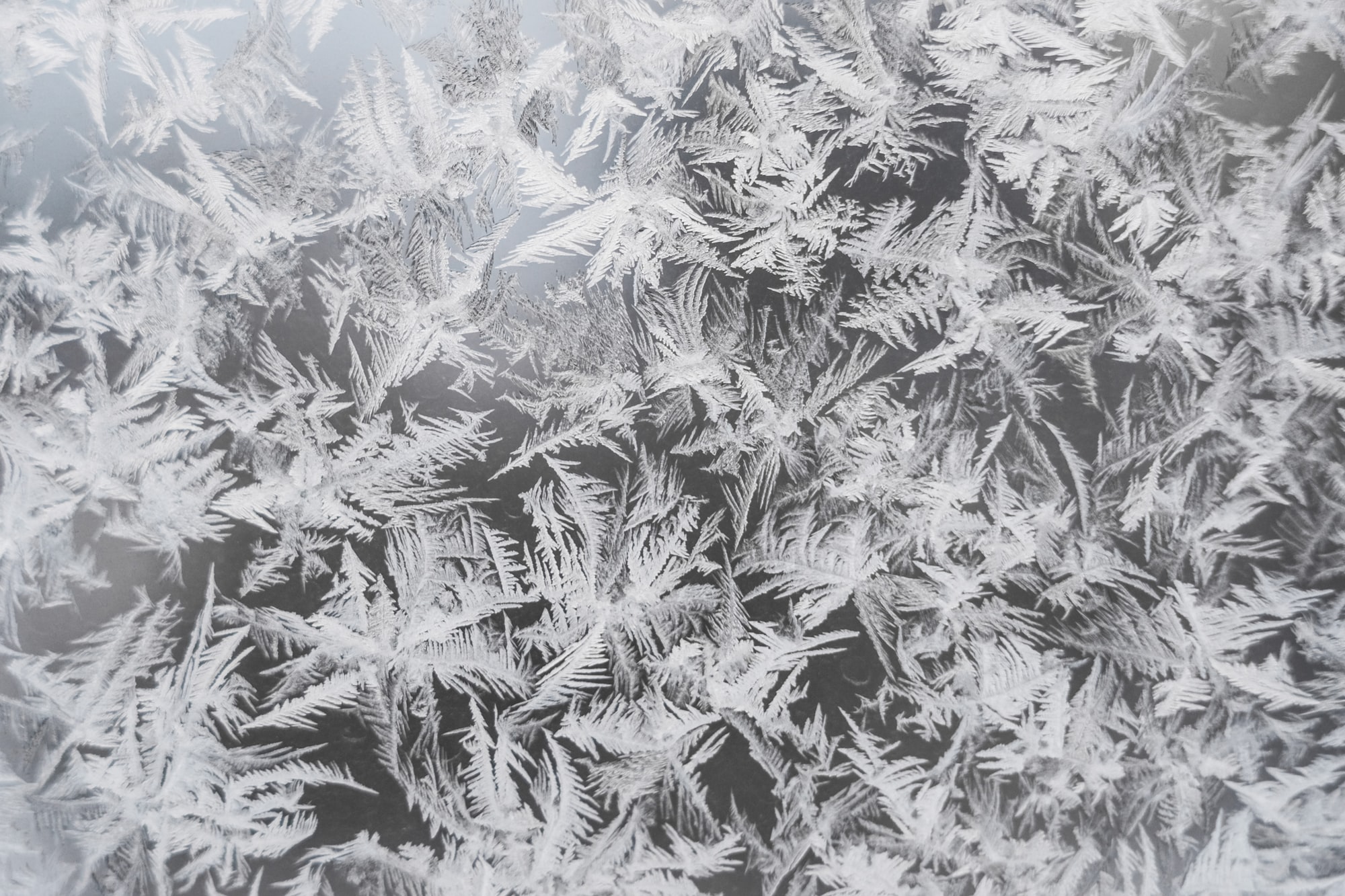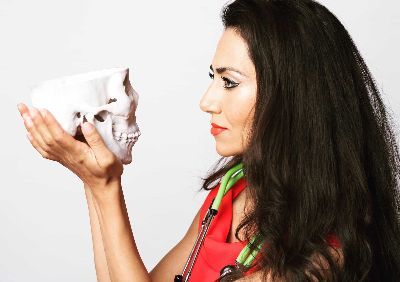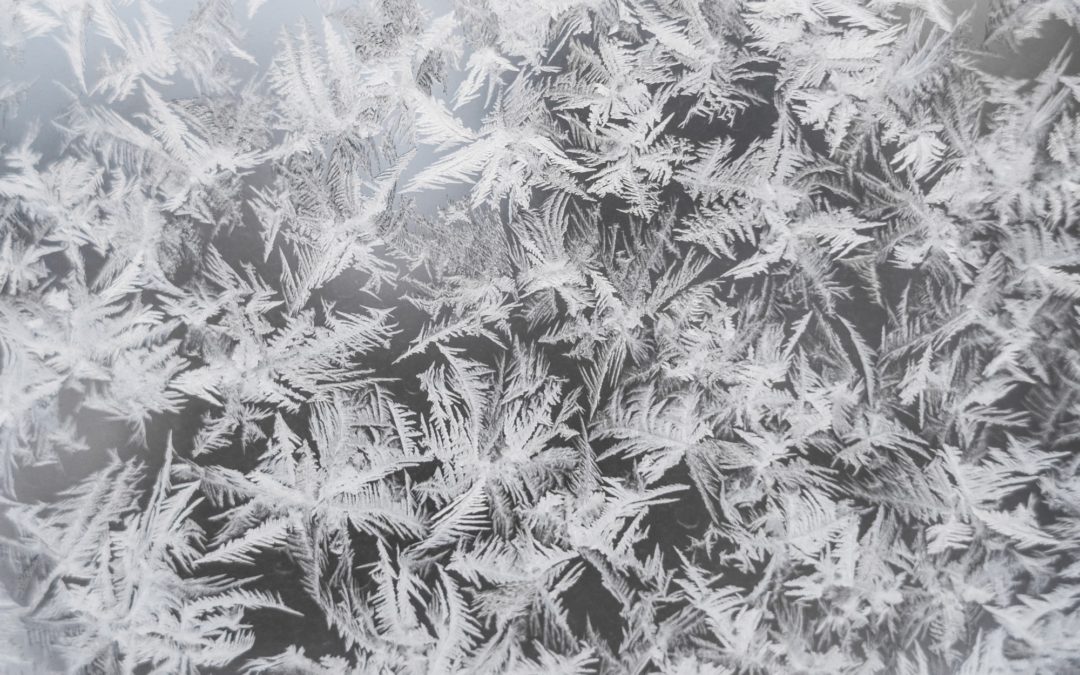
This newsletter is sent out to over 15,000 people every week. Subscribe here.
🧠 The coronavirus has kidnapped our brains
Meet Doctor Mouna Esmaeilzadeh.

She is a neuroscientist, entrepreneur and TV-personality in Sweden. Most people know her just as Doctor Mouna.
She is also a Warp News Experts.
These experts give insights about the present and the future to our Premium Supporters, and the Premium Supporters monthly contribution makes it possible to spread that knowledge to everyone with an internet connection.
In this article Doctor Mouna explains how the coronavirus kidnapped our brains, and that the world’s progress is much better than almost everyone thinks.
👉 Read: The coronavirus has kidnapped our brains
Mathias Sundin
CEO of Warp News
Chairman of Warp Institute
Fact-based optimistic news of the week
🐦 Reduced air pollution has saved 1.5 billion birds.
Stricter air pollution laws have saved many birds in the United States over the past 40 years.
🚀 An easier way to make rocket fuel on Mars.
Researchers have found a more efficient way to produce methane, making it an even more attractive fuel for Mars trips.
🛰 Elon Musk delivers internet of the future with Starlink satellites.
Slow connections and lagging video calls will be extinct with Elon Musks’ Starlink satellites. SpaceX’s division Starlink is building a network of satellite-routers with the capacity to globalize the internet once and for all.
📱 An app that plants trees.
Ant Forest, the app that reforests the earth by turning the choice to live a lower-carbon lifestyle into a game and plants trees. The project won the Champions of the Earth price in 2019.
🌳 African countries use satellites to reduce deforestation.
In just two years African nations have been able to reduce deforestation with 18%, all thanks to a satellite monitoring system created by GLAD.
🚰 MyH20 turns data into drinking water.
Xiaoyuan “Charlene” Ren, a winner of Young Champions of the Earth, uses data to provide households with clean water. MyH2O network has provided tens of thousands of villagers with clean, drinkable water.
🥼 Swedish government decides on billion-dollar investment in research and innovation.
Last year’s pandemic resulted in a decision by the government to allocate more money for research. Two of the areas that will get the most money are research on viruses and the environment.
🔌 This charging robot charges an electric car where there are no fixed chargers.
If there are not enough charging posts in the parking lot, a charging robot can come to the rescue.
💉 Vaccine against meningitis can reduce the risk of mental illness.
Research points to a link between meningitis in childhood and mental disorders later on.
🐬 Scientists find coral sanctuary.
A newly discovered coral sanctuary with abundant marine life is not affected by the warming oceans.
⚡️ Great Britain windfarms break the record for clean power generation.
On Friday, December 18th, 40% of Great Britain’s electricity was generated in wind farms. All thanks to the stormy winter weather.
☀️ New solar cells will be 20 percent more efficient than today’s panels.
Solar panels built with a combination of silicon and the material perovskite are the most efficient panels to date.
🇮🇸 Iceland’s nature allows for 100% renewable energy.
It’s well known that Iceland’s nature and scenery are epic. It’s one of the main reasons people travel there. But the island’s majesty isn’t just a sight for sore eyes – it allows the country to use almost 100% renewable energy.
🔬 AI speeds up materials research 40,000 times.
With machine learning, a research team has found a method that makes it possible to tailor materials in a fraction of the time it takes today.
🛩 Jet fuel made of CO2, is it possible?
The aviation industry is really trying to reduce its global carbon footprint. Now a team from Oxford University in the UK might have found an experimental process turning CO2 into jet fuel.





